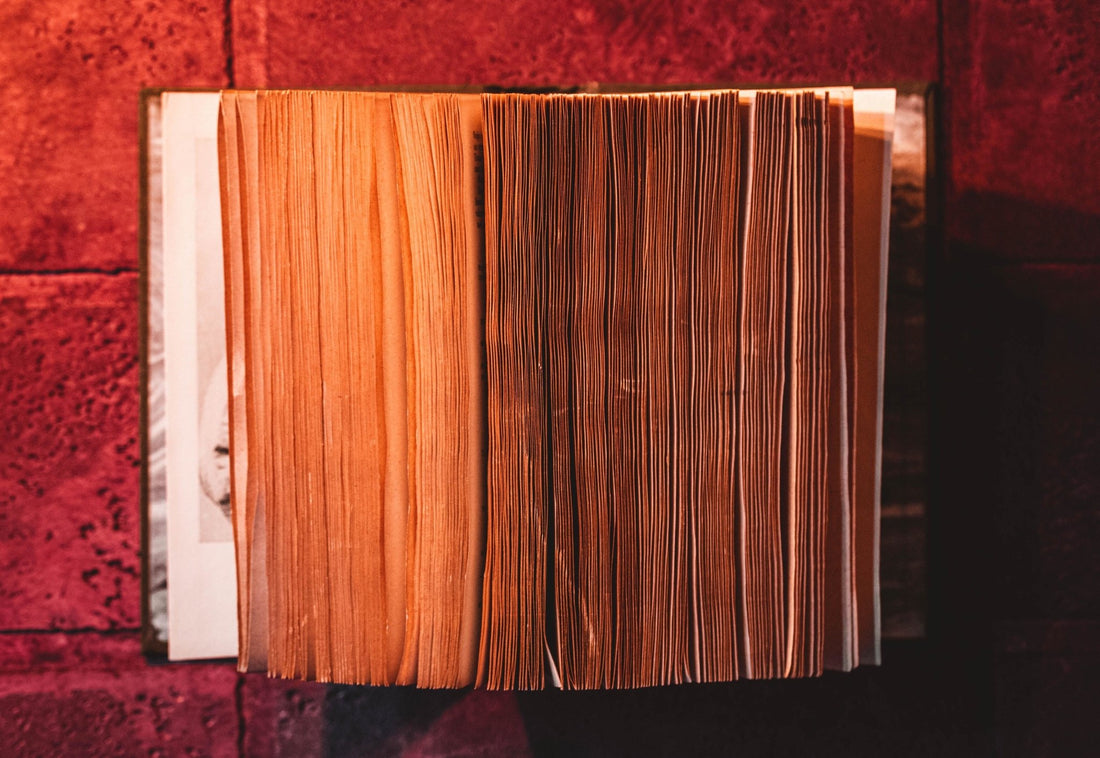
Novel Writing Part II - Starting Your Novel Off Right
Share
When I’m at the bookstore, and I’m thinking about buying a book, the first thing I do is read the summary on the inside flap (or the back cover), but if that’s still not enough to tell me if it’s something I want to invest time and money in, I read the first page.
The first page of a story can tell you whether or not you’re going to connect with a story. Now, this isn’t a theory without exceptions. There have been times, of course, when I didn’t really get into a story until 20 or 40 or 50 pages in, and there have been times when a first page killed only for the rest of the book to fall flat. These things happen. But for the most part, you can tell what you need to know in the first few paragraphs of a story. So, let’s talk about what you, as the writer, need to accomplish on the first page.
Hook.
You know the hook. It’s the first few minutes of a horror movie, where someone is killed by something lurking in the shadows before the story shifts to the family who’s moving into the new house where the thing in the shadows still lives. It’s meant to just give you a taste of the story and to suck you in so that you keep watching, or reading, in our case. It has to be interesting, it has to capture attention, and it has to briefly set up the start (just the start!) of the story.
Character and Voice.
You don’t have to open the novel with the main character, but you probably want to open it with a character, at least. Harry Potter and the Sorcerer’s Stone opens with the Dursleys, which seems like an odd choice, but it immediately sets up the story’s conflict and gets a jumpstart on the world building. But no matter what character you choose, that character needs to have a captivating voice. They need to speak to the reader in a way that makes the reader take an interest in their (or the main character’s) story.
Plot.
One of the most useful pieces of advice I ever received from an editor was, “Start the story on the day things are different.” You don’t have to establish what normal looks like in the day of your character before you throw them into chaos. Start with the chaos. Harry Potter doesn’t start with a normal day where Harry is just getting up in the morning, doing chores, cooking dinner, and then going to bed. It may seem like that at first, but the day takes a very sudden turn away from normal when he speaks to a snake. Because that’s the day Harry’s life changes, so that’s the day the story begins.
Writing Style.
It’s extremely important to introduce your writing style immediately. If you like to write witty, funny stories, open with something witty and funny. Your reader needs a taste of your writing style because your writing style is just as crucial to the story as the story itself. I’ve picked up a book that had a summary that got me so excited to dive in only to find that the writer’s style wasn’t my cup of tea with minutes of starting the first page. This is a chance to connect with an audience as yourself and only yourself.
Starting a story is hard. Finding a way to start it that captures the reader’s attention, sets up your story, and establishes yourself as the writer is complicated, to say the least. This is just one challenge of writing a novel, but it’s a big one. The beginning and end of your story will be the things that readers remember, so make them memorable.